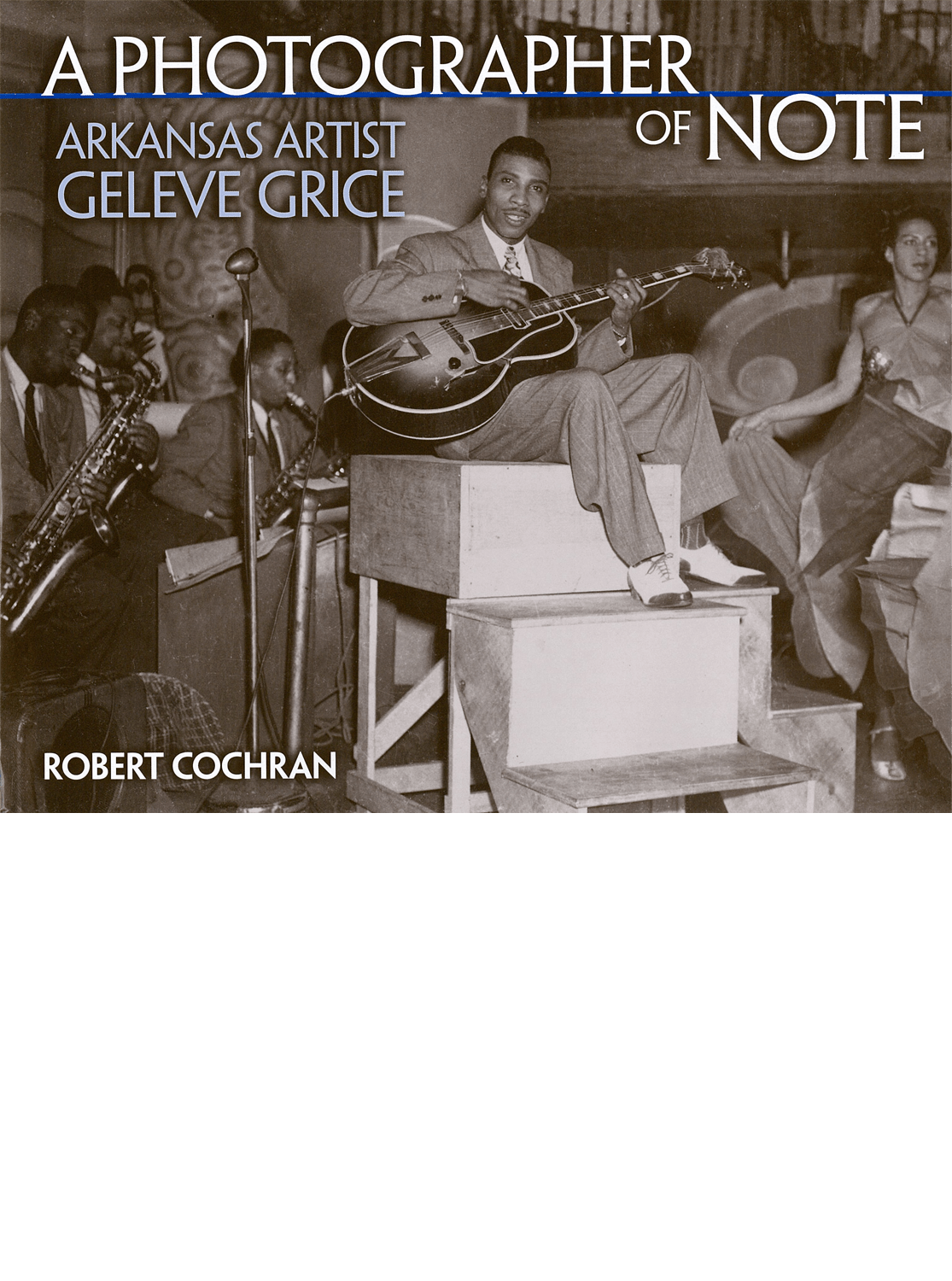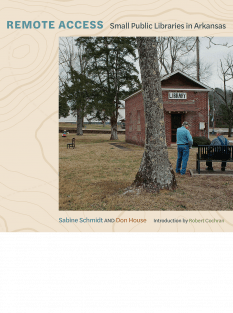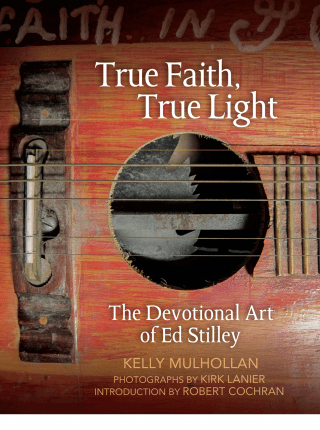In a selection of more than one hundred black and white images taken over a period of sixty years, this book bears witness to the life of a remarkable photographer and to small-town African American life in the middle of the twentieth century. Geleve Grice was born and raised near Pine Bluff, and he has documented the ordinary life of his community: parades, graduations, weddings, club events, and whatever else brought people together. In the process he has created a remarkable historical portrait of an African American community. Through his lens we glimpse the daily patterns of segregated Pine Bluff, and we also participate in the excitement of greeting extraordinary visitors. Martin Luther King Jr., Mary McLeod Bethune, Harry S. Truman, and others all came through town.
Folklorist Robert Cochran worked with Grice to select these photographs from the thousands he has taken across a lifetime. They organized the work chronologically, reflecting Grice’s early years in small-town Arkansas, his travel as a serviceman in World War II, and his long career in Pine Bluff. Cochran’s accompanying chapters link Grice to the great tradition of American community photographers. He also shows how work for pay-at the Arkansas Agricultural, Mechanical and Normal College in Pine Bluff; at the Arkansas State Press daily newspaper; through his own studio-shaped Grice’s work. Cochran shows that Grice not only made his living taking photographs for jobs, but that he also made his own life by making photographs for himself-and now for history.
A Photographer of Note
$42.95
Arkansas Artist Geleve Grice
Robert Cochran
978-1-55728-736-6 (cloth)
January 2003
Geleve Grice has been a commercial photographer in Pine Bluff, Arkansas, for more than sixty years.
Robert Cochran is a professor of English and the director of the Center for Arkansas and Regional Studies at the University of Arkansas. His books include Singing in Zion (Arkansas, 1999).
“A great book! These are wonderful images embedded in a very important story. At last we see, vividly and intimately, a complex world that has for too long remained obscured. Grice’s images and Cochran’s text transform and deepen our vision.”
—Tom Rankin, executive director of the Center for Documentary Studies at Duke University
“Striking images reveal celebrities and ordinary folks at moments of celebration and of sadness. They show scenes of black life in the South that are too seldom seen, of people living lives of great dignity even amidst social burdens. Bob Cochran’s narrative is a triumph of documentary work. A splendid achievement!”
—Charles Reagan Wilson, editor of Encyclopedia of Southern Culture and director of the Center for the Study of Southern Culture at the University of Mississippi





